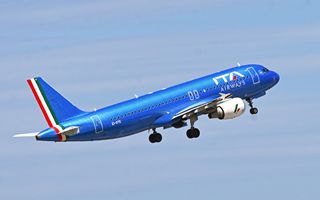(Finance) – Decisive week for Italy-Lufthansa called to improve the package of commitments being examined by the EU Antitrust.
According to what we learn from sources close to the dossier in Brussels which cites Ansa, the proposals advanced so far on the Milan-Linate airport, the short-haul routes from Italy to Central Europe and the long connections from Fiumicino to the USA and Canada are considered insufficient. In case of changes, the European Commission, currently engaged in the market test which will end on Monday, should evaluate the new commitments. His decision could “consolidate” as early as the beginning of June.
Without improvements, according to what we learn, the operation is destined to be rejected. The official announcement is however expected by July 4th.
The road, therefore, remains uphill as was clear after the conversation a few days ago between the Minister of Economy Giancarlo Giorgetti and the vice-president of the EU executive responsible for Competition, Margrethe Vestager. “We have clarified our position. The Court enters the Council chamber. We await the verdict then we will comment on it”. To those who, on the occasion, asked him if it was more difficult to negotiate with the EU Commission or with government allies, Giorgetti responded with a joke: “It’s always complicated. You always have to have a lot of patience”.
Lufthansa and the Mef have, in fact, updated the package of remedies prepared to meet the requests made by the EU Antitrust by presenting additional commitments to respond to the fears of the EU antitrust and obtain the green light for the wedding. The new compromise proposals move along three lines: the transfer to rivals – Easyjet in the lead – of a significant share of slots in the Milan-Linate airport, the opening to rivals of some routes connecting Italy with Europe central, and the freezing for two years of the alliance on transatlantic routes from Fiumicino to the United States and Canada. The EU antitrust subsequently launched the market test, the market simulation to evaluate the impact of the proposals on the balance of competition in European skies. But the remedies submitted to the Community Executive by the two airlines to limit the impact of their merger on competition do not yet appear to be sufficient
